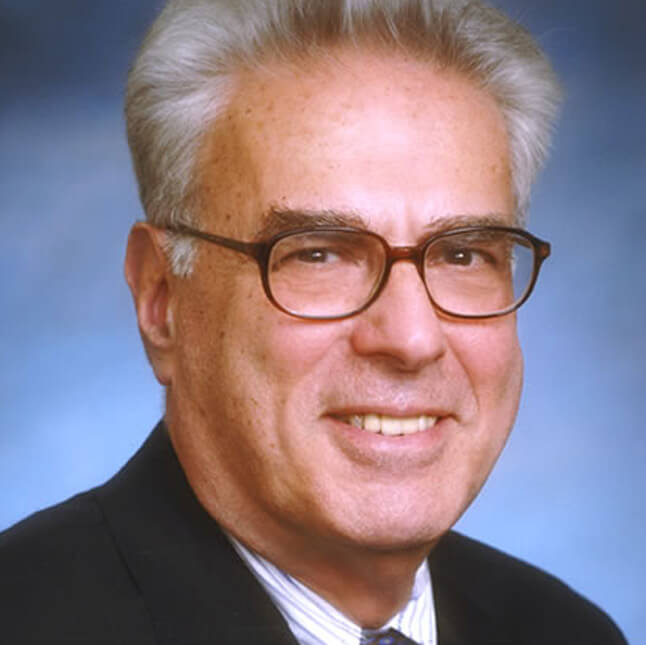Dr. Kenneth Irwin Shine is professor of medicine at the Dell Medical School of the University of Texas (UT) and special advisor on the medical school at the University of Texas Rio Grande Valle (UTRGV). He recently completed a ten–year term as executive vice chancellor for health affairs at UT with responsibility for the six health campuses of the University.
In this capacity, he led efforts to create the two new medical schools, at Dell and UTRGV, with the opportunity to stimulate new curricula in competency–based learning, inter–professional education, flipped classrooms, new technologies for learning and simulation experiences including a state of the art “smart hospital.” Dr. Shine initiated four pilot projects in Transformation in Medical Education that are testing a holistic approach to college undergraduate education and medical education with options for six, seven, or eight–year pathways to the M.D. degree. He also created a system–wide Academy of Medical Education and a system–wide Clinical Effectiveness and Patient safety program which has impacted all of the system’s hospitals as well as medical student and resident education. Dr. Shine stimulated the creation of medical homes and bundling of care across the UT system.
Dr. Shine was the first president of the Institute of Medicine, now the National Academy of Medicine, to serve two full terms and to initiate a number of diverse projects, including a quality initiative which led to “To Err is Human: Crossing the Quality Chasm” and at least ten other reports on improving quality of care in America. He organized projects in research priorities for a number of fields, health as a part of American foreign policy and care at the end of life among others.
Dr. Shine received an A.B. degree from Harvard College and an M.D. from Harvard Medical School. He trained in internal medicine and became chief resident at the Massachusetts General Hospital. As a fellow, in collaboration with the late Peter Yurchak and others, he first described the arrhythmia: multifocal atrial tachycardia. He moved to UCLA in 1971. There he initiated a cardiovascular research program that featured metabolism during cardiac anoxia. He identified the metabolic pathways by which glutamate provided energy during anoxia, the role of magnesium in myocardial metabolism and explored the physiology of calcium in mechanical coupling. Many of his observations influenced the constitution of solutions used by cardiac surgeons to preserve myocardium during surgery. He also had a very active cardiology practice in Los Angeles.
At UCLA, Dr. Shine built the cardiology division and rose to chair, dean and provost for Health Sciences. As dean, he supported one of the earliest doctoring courses for students, beginning in their freshman year. He facilitated construction of new research facilities, the Howard Hughes Institute presence on campus and medical student programs in history, humanities and health science research.
Dr. Shine has served on many national committees and was recently a member of the Council on Graduate Education (COGME). He is a member of the Association of American Physicians and was president of the National American Heart Association in 1985–1986. He served on and chaired the scientific advisory committee to the MGH and was a member of the Dean’s Advisory Committee for the Harvard Medical School and of the Medical School Alumni Council. He currently teaches a seminar at UT Austin entitled “Plagues, History, Literature and Ethics.” He lives in Austin, Texas with his wife Carolyn. He has a son and a daughter and three grandchildren.

